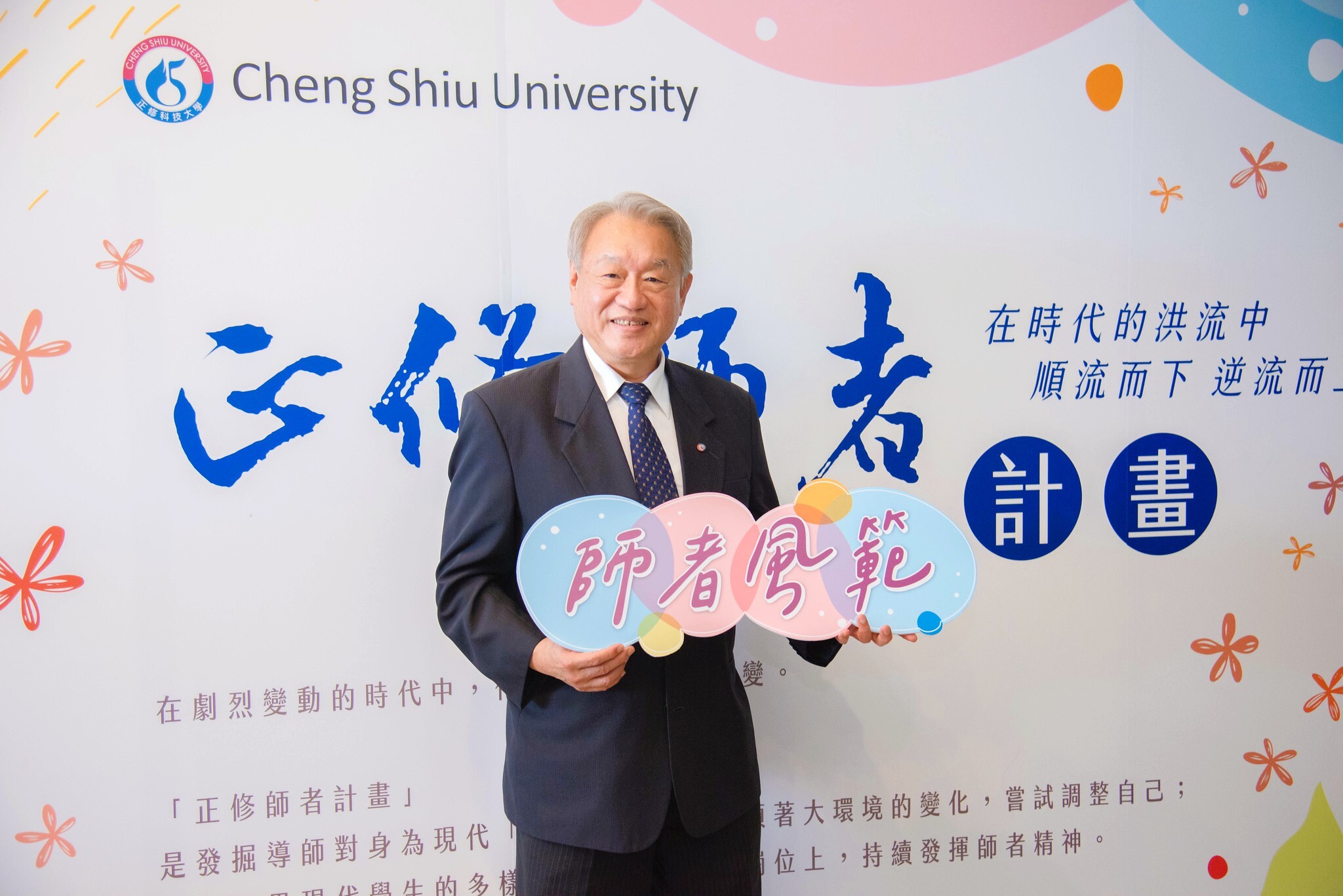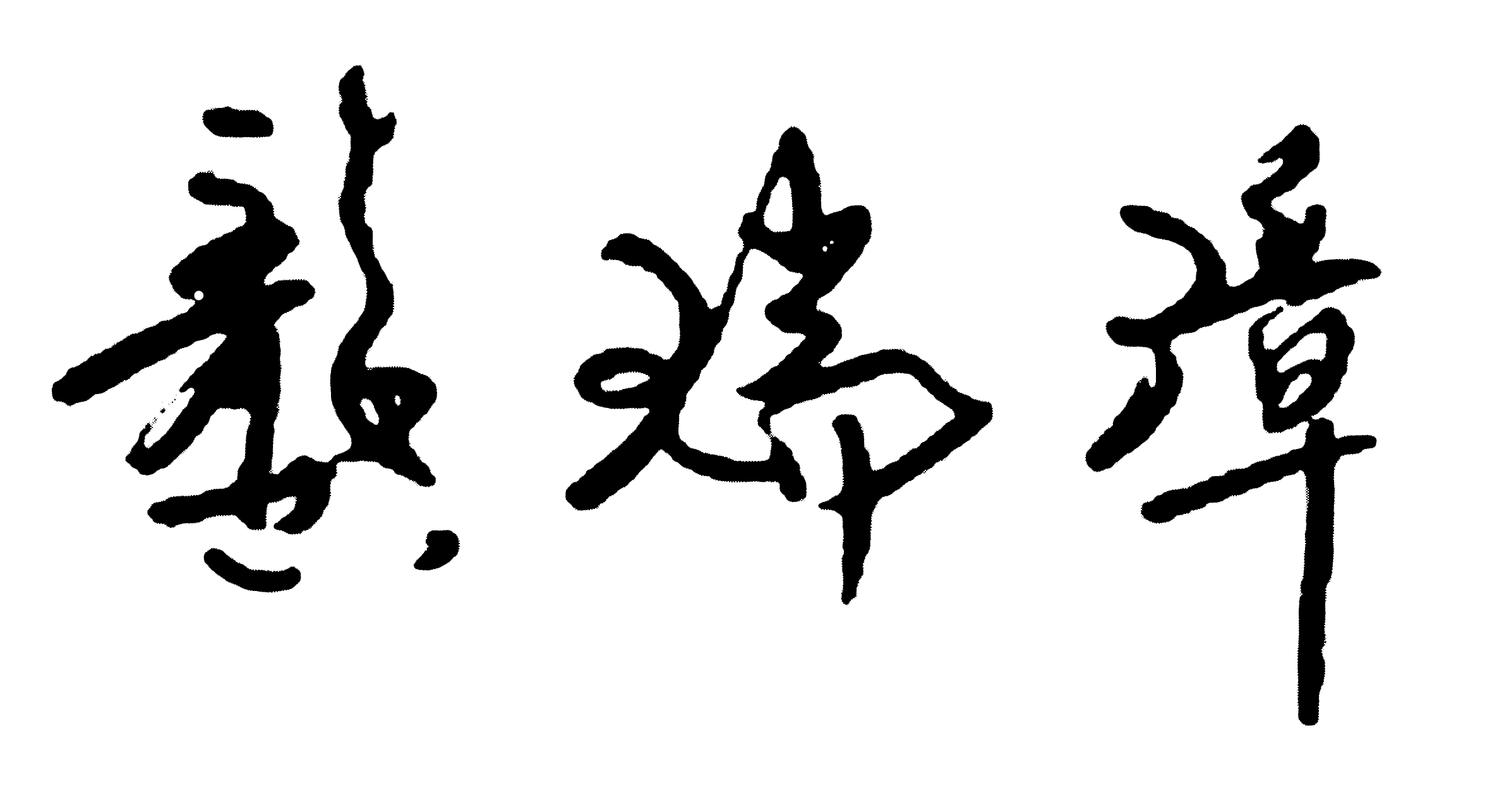Words from the President

Since its founding, Cheng Shiu University (CSU) has upheld the vision of a pragmatic and innovative industry-oriented university. The university strengthens sustainability governance through a dedicated committee overseeing ESG risks, impacts, and opportunities.
CSU integrates the UN SDGs into institutional planning, aligning with global sustainability trends and national education policies to advance its goals of teaching excellence, industry collaboration, and sustainable development.
Sustainable Education: Diverse Programs and Social Responsibility
CSU offers interdisciplinary programs across engineering, business, and design to meet evolving industry and learning needs. In response to aging population challenges, a Nursing Department will launch in 2024, featuring AI-integrated and clinical training, supported by MOUs with local medical institutions. The university promotes USR engagement through faculty incentives and student programs, including USR Innovation Courses, Social Practice Programs, and a Micro-Credential in Sustainable Development starting 2025.
Economic Sustainability: Industry Collaboration and Innovation
Aligned with national industrial policies and the 2050 net-zero goal, CSU focuses on innovation and applied research through five technology centers in net-zero, smart manufacturing, and green economy. In 2024, partnerships with over 1,500 enterprises yielded over NT$400 million in collaboration. Long-term networks are built through R&D, tech transfer, and strategic alliances to advance both education and economic sustainability.
Cultural Sustainability: Human Rights and Inclusion
Since adopting its Human Rights Policy in 2022, CSU has promoted human rights education, gender equality, and legal awareness. The university improves accessibility and bilingual environments while hosting cultural weeks, language workshops, and inclusive events. Support for disadvantaged students includes financial aid and counseling. Initiatives like the Cheng Shiu Arts Festival and arts courses foster cultural awareness and sustainability.
Environmental Sustainability: Low-Carbon Green Campus
CSU implements comprehensive green governance with energy-saving, water conservation, and circular economy measures. Green building design, eco-education programs, and GHG management support a sustainable, low-carbon campus.
In 2024, CSU received top honors, including the TUSA Gold Award for Sustainability Reporting, TSAA Action Awards (1 Gold, 2 Silver), and microfilm awards (2 Silver, 1 Bronze). Its USR projects also earned national recognition for community inclusion and innovation.
CSU continues to strengthen its distinctiveness through the 3i Empowerment strategy (iSmart × iSDGs × AI), cultivating future-ready talent with sustainability vision, smart capabilities, and AI literacy—while deepening community impact and advancing toward holistic, sustainable excellence.
|
President Jui-Chang Kung
|
 |


